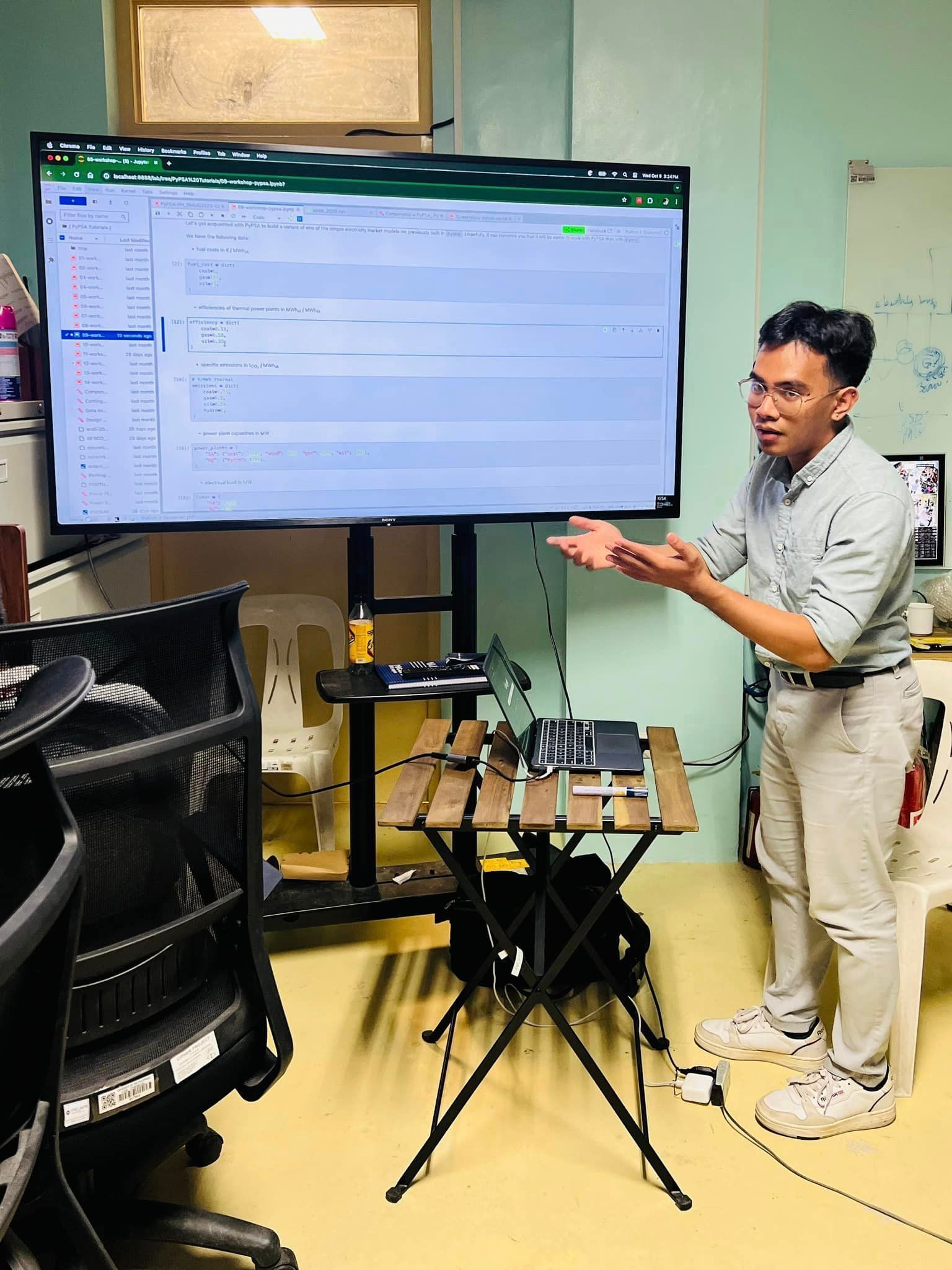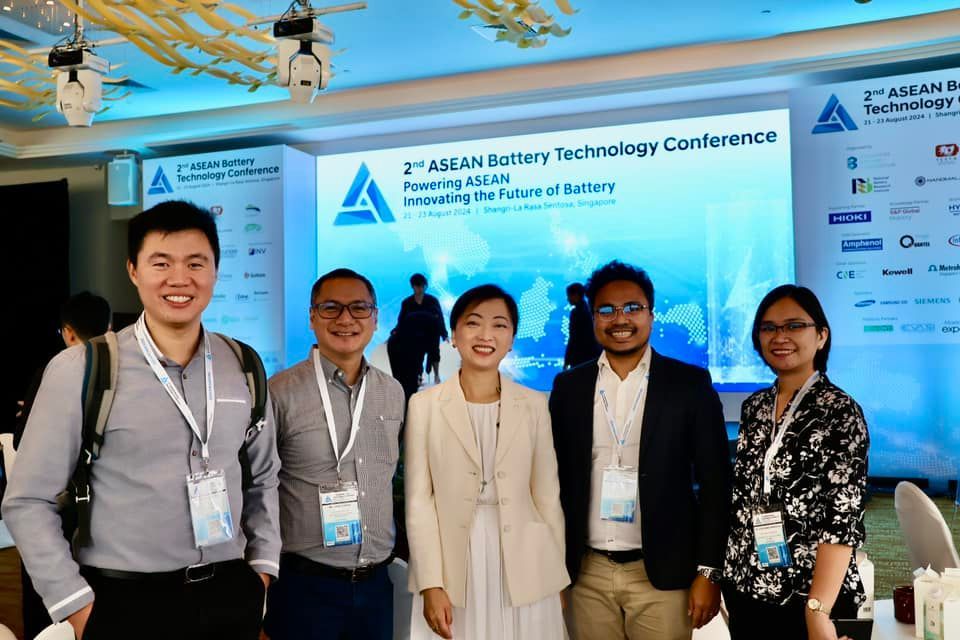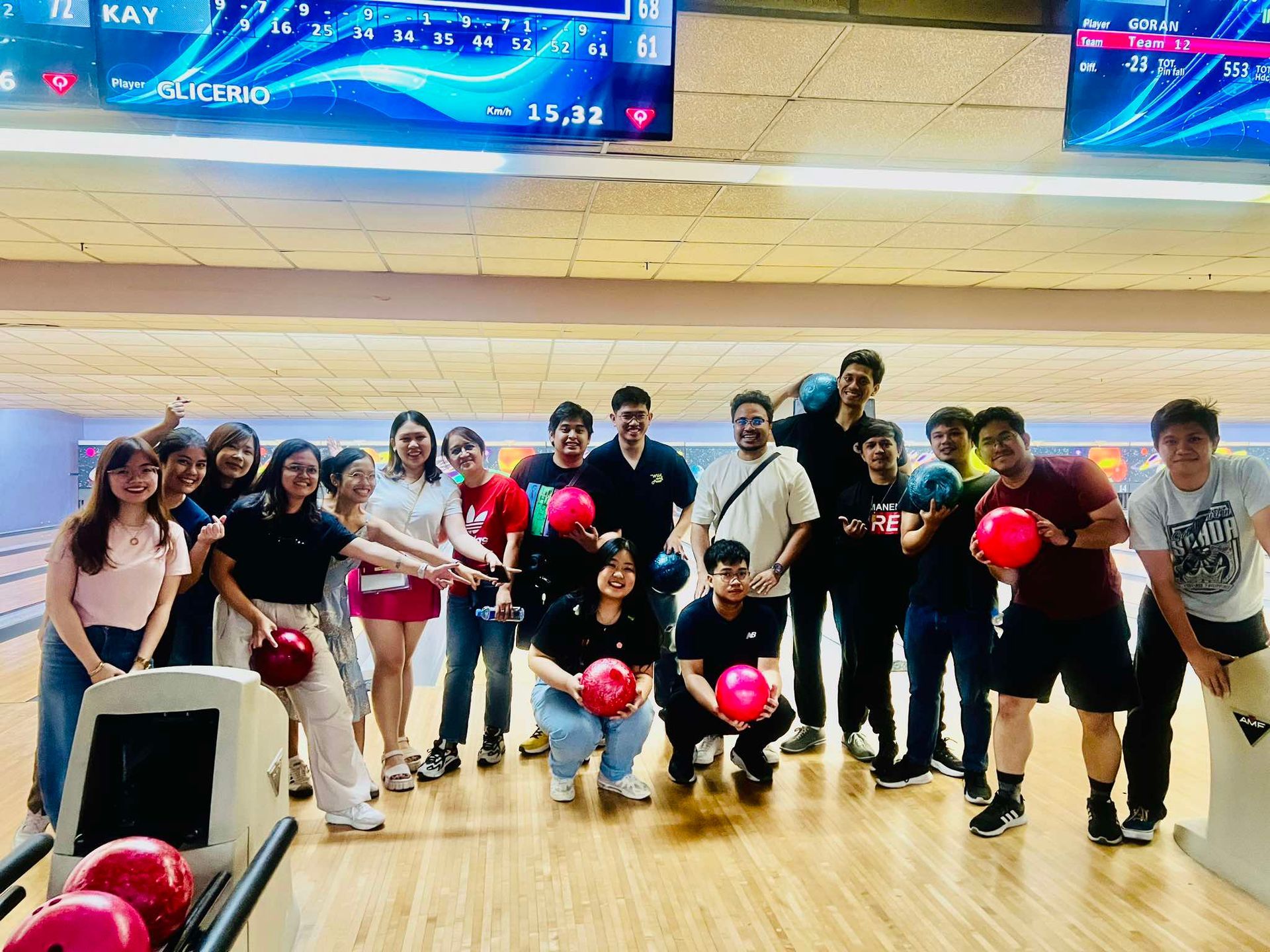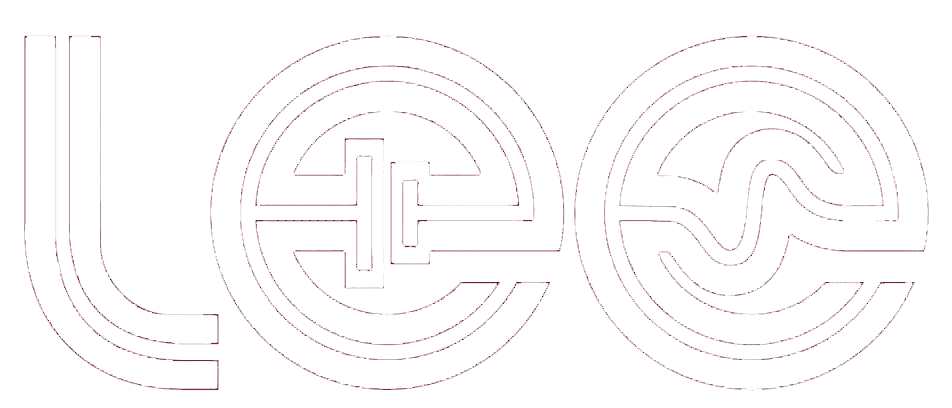UP awards Scientist 2 Designation to Prof. Ocon

Dr. Joey D. Ocon was officially recognized as a UP Scientist II in a ceremony held on March 21, 2018 at the Bahay ng Alumni, UP Diliman. He, along with 70 other awardees, is among UP’s most accomplished researchers in terms of publications, patents and international recognition.
Dr. Ocon has published more than 50 journal publications in the past five years and is the youngest to be awarded as UP Scientist 2.
The SPS was created by virtue of its approval of the UP Board of Regents at its 1199 th meeting on Aug. 26, 2005. SPS supports the development of science and technology and encourages and rewards scientific productivity.
The SPS implementing guidelines states that regular faculty, full time faculty, research faculty and Research Extension and Professional Staff (REPS) in active service who belong to the scientific disciplines such as basic/natural sciences and mathematics, engineering andinformation and communication technology, medical sciences, agricultural sciences, selected fields of Social Sciences, library and archival sciences and scientific and technical
documentation, may be considered for the title of UP Scientist. Nominees must have at the minimum a Ph.D. degree or MD with MS/MA degrees.
Appointment as UP Scientist is evaluated based on the following general criteria: scientific publications in refereed reputable scientific journals and books; peer-reviewed technological outputs; scientific standing in the international science community; and professional standing inthe international science community.
The UP Scientist appointment carries monetary rewards of P150,000, P200,000 and P250,000annually, for Scientist I,II and III respectively.Prof.
Source: https://upd.edu.ph/71-faculty-members-appointed-up-scientists/





